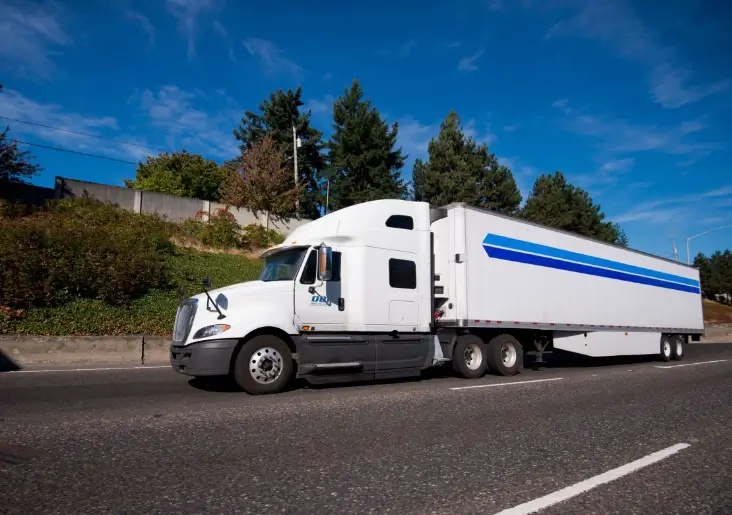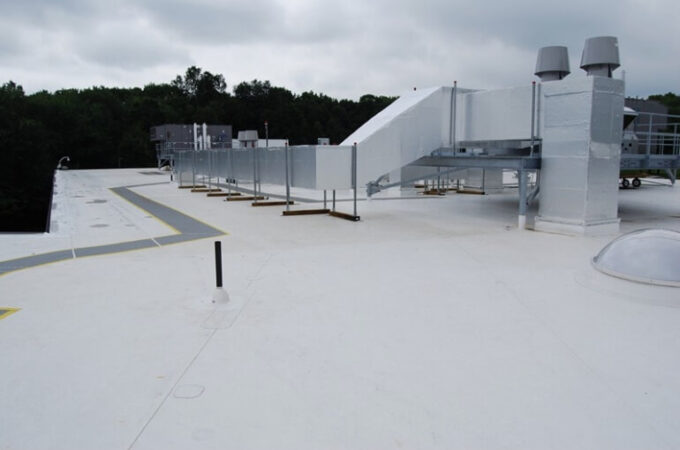
What is a Reefer Truck: Details
Reefer trucks, also known as refrigerated trucks, are specialized vehicles designed to transport perishable goods at controlled temperatures. These trucks play a crucial role in various industries, ensuring the safe and fresh delivery of temperature-sensitive products from one location to another.
Definition
A reefer truck is a type of commercial vehicle equipped with a refrigeration unit to maintain specific temperature conditions inside the cargo area. Unlike standard trucks, reefer trucks are insulated to prevent temperature fluctuations and are capable of maintaining both cold and frozen temperatures.
Components of a Reefer Truck
Reefer trucks consist of several key components, including:
Refrigeration Unit
The refrigeration unit is the heart of a reefer truck, responsible for cooling or heating the cargo area as per the requirements of the transported goods. It operates using either a mechanical compressor or an electric-powered system.
Insulation
Insulation is essential to minimize heat transfer between the external environment and the cargo area. High-quality insulation materials are for maintaining consistent temperatures and prevent energy loss.
Temperature Control System
Modern reefer trucks are equipped with advanced temperature control systems that allow operators to set and monitor the temperature inside the cargo area remotely. These systems ensure precise temperature management throughout the transportation process.
How Reefer Trucks Work
Reefer trucks rely on sophisticated refrigeration systems to maintain the desired temperature range inside the cargo area. The refrigeration unit extracts heat from the cargo space, keeping perishable goods fresh and safe during transit.
Refrigeration System
The refrigeration system of a reefer truck comprises a compressor, condenser, evaporator, and refrigerant. The compressor pressurizes the refrigerant, causing it to circulate through the condenser, where it releases heat to the external environment. The cooled refrigerant then passes through the evaporator, absorbing heat from the cargo area and maintaining the desired temperature.
Temperature Control
Temperature control in reefer trucks is through precise regulation of the refrigeration unit. Operators can set specific temperature parameters based on the requirements of the transported goods, ensuring optimal conditions for freshness and quality preservation.
Uses of Reefer Trucks
Reefer trucks are useful in various industries for the transportation of perishable goods that require temperature-controlled environments to maintain their integrity.
Food Transportation
One of the primary uses of reefer trucks is the transportation of food products, including fresh produce, dairy products, meat, and seafood. These trucks ensure that food items remain fresh and safe from contamination throughout the supply chain.
Pharmaceutical Transportation
Pharmaceutical companies rely on reefer trucks to transport temperature-sensitive medications and vaccines. Maintaining consistent temperature conditions is crucial to preserving the efficacy and safety of pharmaceutical products during transit.
Floral Transportation
Florists and floral distributors use reefer trucks to transport flowers and plants over long distances. These trucks help prevent wilting and extend the shelf life of delicate floral products by maintaining optimal temperature and humidity levels.
Benefits of Reefer Trucks
Reefer trucks offer several benefits that make them indispensable in the transportation of perishable goods.
Temperature Control
The ability to control and maintain specific temperature conditions ensures that perishable goods arrive at their destination fresh and undamaged.
Extended Shelf Life
Reefer trucks help extend the shelf life of perishable products by creating optimal storage conditions during transit, reducing the risk of spoilage and waste.
Versatility
Reefer trucks can accommodate a wide range of temperature-sensitive products, making them versatile assets for various industries, including food, pharmaceuticals, and floral.
Challenges and Considerations
While reefer trucks offer numerous advantages, there are also challenges and considerations associated with their operation and maintenance.
Maintenance Costs
The maintenance of refrigeration units and insulation systems can be costly, requiring regular inspections and repairs to ensure optimal performance.
Energy Consumption
Reefer trucks consume a significant amount of energy to power their refrigeration units, leading to higher operational costs and environmental concerns related to carbon emissions.
Temperature Monitoring
Proper temperature monitoring is essential to prevent fluctuations that could compromise the quality and safety of transported goods. Regular monitoring and calibration of temperature control systems are necessary to maintain consistency.
Conclusion
Reefer trucks play a vital role in the transportation of perishable goods, ensuring that products reach their destination fresh, safe, and intact. Despite challenges such as maintenance costs and energy consumption, ongoing technological advancements and sustainability efforts are shaping a promising future for the reefer truck industry.
FAQs
- Are reefer trucks only useful for transporting food?
No, reefer trucks are used for transporting various temperature-sensitive products, including pharmaceuticals, flowers, and other perishable goods. - How do reefer trucks maintain consistent temperatures during transit?
Reefer trucks are equipped with refrigeration units and temperature control systems that regulate the internal temperature of the cargo area based on preset parameters. - What measures are taken to ensure the safety and quality of perishable goods during transportation?
Reefer trucks undergo regular maintenance and temperature monitoring to prevent spoilage and contamination of transported goods. - Are there regulations governing the operation of reefer trucks?
Yes, regulatory agencies impose standards and guidelines for the operation and maintenance of reefer trucks to ensure compliance with food safety and transportation regulations. - How do reefer trucks contribute to reducing food waste?
By maintaining optimal temperature conditions and extending the shelf life of perishable goods, reefer trucks help reduce food waste along the supply chain, ensuring that products remain fresh and viable for longer periods.
Visit our website for more. Click here: “Quick Trend Insights“.





